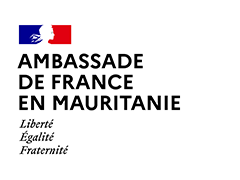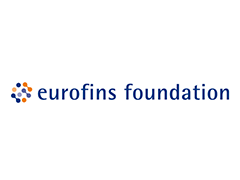Nos programmes
Drepanocytose (phase 2)
Programme actif
To promote the fight against sickle-cell anaemia in Mauritania, build the capacity of health professionals and promote prevention.
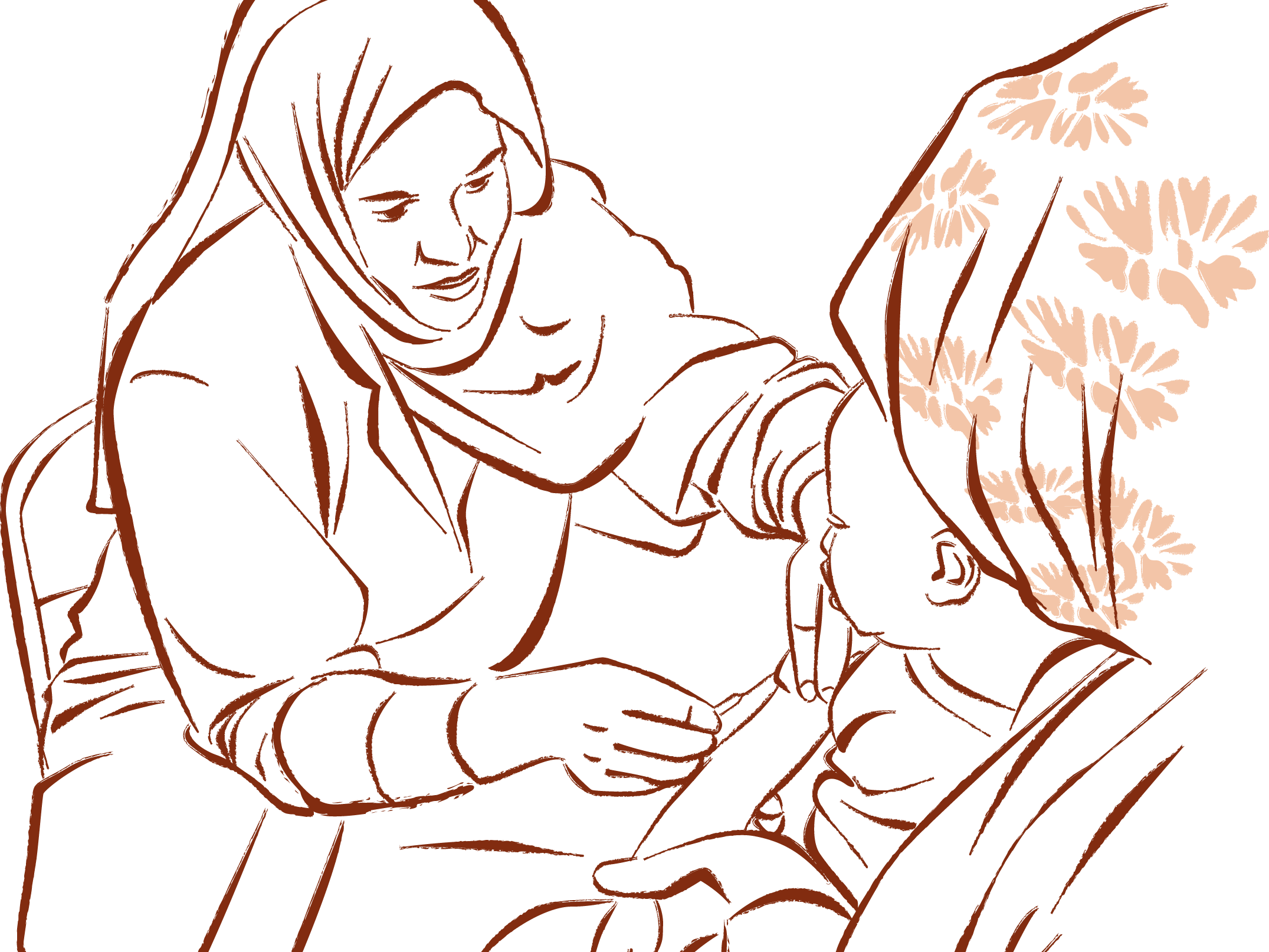
Impact
+ more than 3500
newborns are screened at birth as part of a drive to systematically screen infants for the disease
+ more than 350
newborns screened are carriers of a haemoglobin abnormality that could lead to sickle cell disease
+ more than 20
health professionals trained in the two pilot health centres
Diagnosis
Sickle cell anaemia, the world’s number one genetic disease and the 4th biggest public health problem defined by the WHO, has a high prevalence rate in Mauritania, causing many deaths, particularly among young children. Since 2028, Santé Sud has been involved in this fight, particularly through prevention, screening and support for the care of patients. In 2023, a prevalence survey was launched on a sample of 1,650 children aged 0-9 months in 24 health centres. The results showed that
- 9.7% of infants tested were carriers of a haemoglobin anomaly.
- In the same sample, 0.6% of infants had sickle cell anaemia.
For the whole of Mauritania, this average incidence of the disease in newborns⸱e would correspond to 450 births/year. It is also estimated that there are between 4,000 and 8,000 sickle cell patients in Mauritania.
Santé Sud will be launching a new innovative project to combat sickle cell anaemia (Nov 2024 – Oct 2025).
Project
The aim of this project is to develop a continuum of improved and innovative care for the systematic screening of newborn babies. To this end, Santé Sud will work with a pilot health centre before conducting a spin-off phase in the next phase of the project. This will enable healthcare staff to be trained to use SickleSCAN rapid screening tests, and then to carry out systematic screening during vaccination days.
This pilot project will make it easier to diagnose the disease and provide patients with follow-up care. Add to the data from the disease prevalence study being conducted in the country. It will also support strong advocacy with the Ministry of Health, aimed at improving the prevention and overall management of sickle cell disease and other haemoglobin abnormalities in the country.

Operational partners
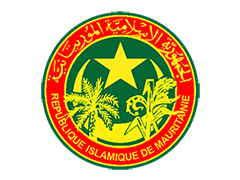
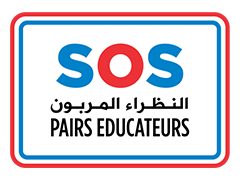
Financial partners
